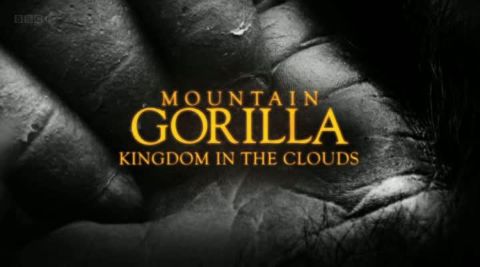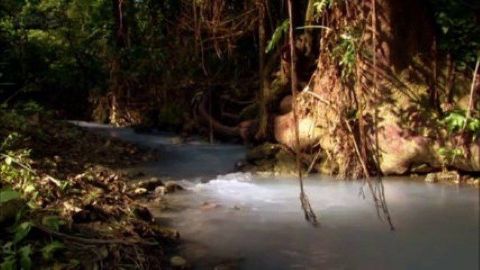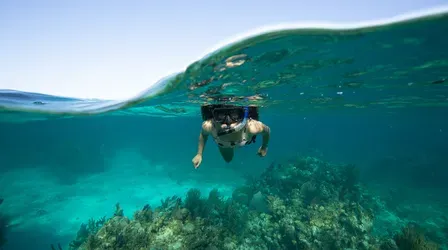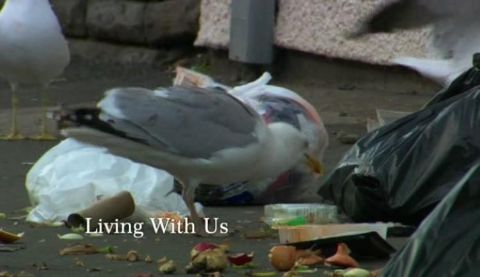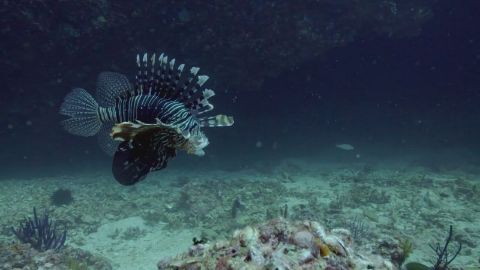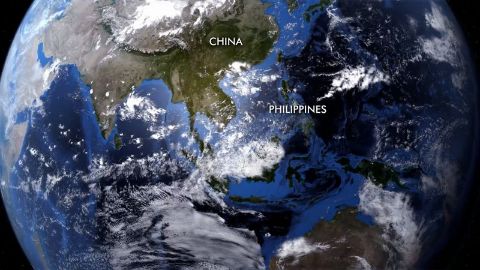Last Stand of the Silverback King • 2010 • episode "S1E2" • Mountain Gorilla
Titus the gorilla king faces the biggest challenge of his life. He's lived longer and sired more offspring than any other known gorilla, but his time as a great leader may be coming to an end. The mighty silverback has a little orphan in his care - and both their lives hang in the balance. In Uganda, young silverback Marembo is back with his raging hormones and desire to be dominant - he's sure to shake things up a bit.
Make a donation
Buy a brother a hot coffee? Or a cold beer?
Hope you're finding these documentaries fascinating and eye-opening. It's just me, working hard behind the scenes to bring you this enriching content.
Running and maintaining a website like this takes time and resources. That's why I'm reaching out to you. If you appreciate what I do and would like to support my efforts, would you consider "buying me a coffee"?
Donation addresses
BTC: bc1q8ldskxh4x9qnddhcrgcun8rtvddeldm2a07r2v
ETH: 0x5CCAAA1afc5c5D814129d99277dDb5A979672116
With your donation through , you can show your appreciation and help me keep this project going. Every contribution, no matter how small, makes a significant impact. It goes directly towards covering server costs.
